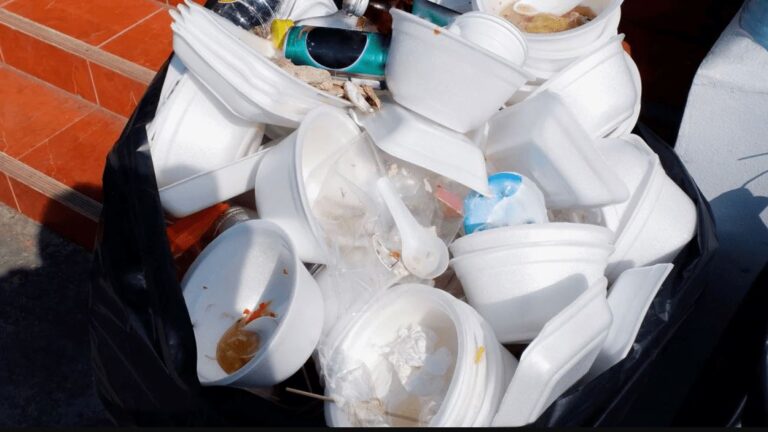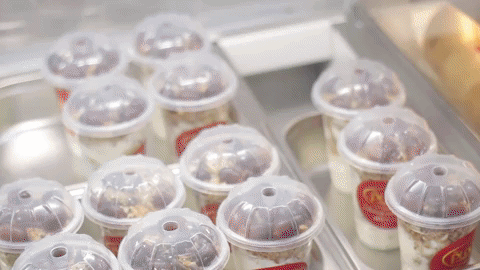The government of Lagos State in Nigeria has imposed a ban on the usage and distribution of polystyrene and other single-use plastics, citing significant environmental concerns as the reason.
The announcement was made by the Commissioner for the Environment and Water Resources, Tokunbo Wahab.
The decision stems from the severe environmental impact attributed to the non-biodegradable and toxic nature of polystyrene.
Wahab emphasized that polystyrene is a major contributor to the blockage of drainage channels, despite ongoing cleaning efforts and substantial prevention expenditure.
Furthermore, this material constitutes a substantial portion of the litter found on major roads and markets, which the Lagos Waste Management Authority addresses daily. The commissioner also connected the use of these materials to climate change, flooding, and health issues such as cholera.
Wahab stated, “Our state cannot be held hostage to the economic interests of a few wealthy business owners compared to the millions of Lagosians suffering the consequences of indiscriminate dumping of single-use plastics and other types of waste.”
The ban will affect supermarkets, traders, and other users, who are now required to transition to biodegradable or compostable alternatives, such as paper bags.
The commissioner urged consumers and residents to replace polystyrene packs and single-use plastics with reusable food containers and water bottles.
In recent months, the state initiated various initiatives to promote recycling. In October of the previous year, during the Year 2023 Walk for Nature exercise held at the Youth Centre in Onikan, Lagos Island, Wahab advocated for a reduction in the use of single-use plastic to address the escalating environmental issues linked to its disposal.
According to him, plastics pose a threat to humanity by altering natural ecosystems, resulting in the loss of habitat, biodiversity, and climate. He added that managing waste disposal through recycling, reuse, and reduction is crucial.
In a move to further promote circularity, German chemical company BASF launched a mobile pyrolysis unit in Lagos last November as part of its Waste-2-Chemical project aimed at recycling plastic waste.
This initiative aligns with BASF’s commitment to fostering a circular economy and reducing the environmental impact of plastic waste.
By investing in cutting-edge pyrolysis technology, BASF seeks to convert plastic waste into oil, partnering with a German startup to deploy the first plastics waste pyrolysis unit.
Through a thermochemical process, shredded plastic will be transformed into pyrolysis oil, serving as a secondary raw material.






